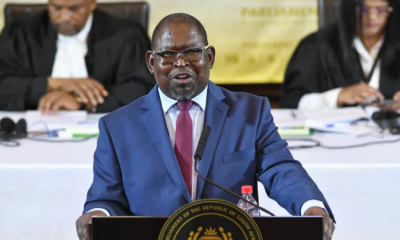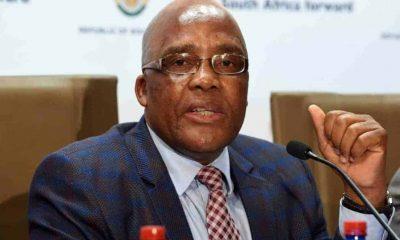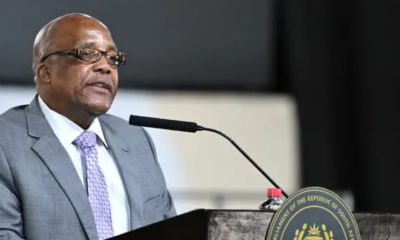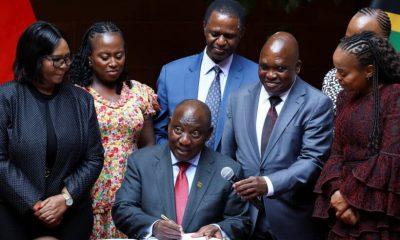411
South Africans Urged to Keep Medical Aid as NHI Faces Uncertain Future

South Africans are being advised to maintain their private medical aid coverage as the National Health Insurance (NHI) remains far from implementation and unworkable in its current form.
The Health Funders Association (HFA), which represents private healthcare funders including Bonitas, warns that prematurely abandoning medical aid could leave citizens without reliable healthcare for years.
Is NHI a Threat to Medical Aid?
At the beginning of February, reports suggested a political compromise between the African National Congress (ANC) and the Democratic Alliance (DA) that could allow medical aids to continue operating under the NHI.
However, Health Minister Aaron Motsoaledi later distanced himself from these claims, reigniting concerns about the future of private medical schemes.
Under the current NHI Act, section 33 restricts medical aids from covering services already provided by the NHI. Opponents argue this could force those who can afford private healthcare into the public system, increasing pressure on public funds and limiting individual choice.
Private Medical Schemes and the Future of Healthcare
Bonitas Principal Officer Lee Callakoppen emphasized that while universal healthcare is a fundamental right, the NHI in its current form does not guarantee quality care.
He believes medical schemes and the NHI should work together to avoid unnecessary duplication of costs while ensuring continued access to quality healthcare services.
The HFA also warns that the NHI’s current framework could drive skilled healthcare professionals out of South Africa, weaken investor confidence, and ultimately destabilize the entire healthcare system.
Why South Africans Should Keep Their Medical Aid
Both the HFA and Bonitas stress that full implementation of the NHI could take decades, with no clear information on its funding or which medical services it will cover.
South Africa’s private healthcare sector currently serves around 20 million people, including those without medical aid, due to better service quality and faster treatment times.
Instead of scrapping private medical aid, the HFA proposes reforms to expand coverage and affordability. These include:
- Low-Cost Benefit Options (LCBOs) to provide basic coverage for more South Africans.
- Reviewing Prescribed Minimum Benefits to make medical aid more cost-effective.
- Value-based contracting to improve efficiency.
- A risk-adjustment mechanism to ensure fair contributions.
By keeping their medical aid, South Africans can ensure continued access to high-quality healthcare while the NHI remains in development.
Final Message to South Africans
The HFA urges citizens not to cancel their medical aid in anticipation of the NHI. Doing so could leave them without adequate healthcare for years to come.
Callakoppen emphasizes that medical schemes provide immediate benefits, ensuring access to care when needed. He also stresses that private medical aid plays a crucial economic role, supporting job creation and contributing to government revenue.
For now, the safest choice for South Africans is to maintain their medical aid while the country works towards a sustainable and functional universal healthcare system.
Follow Joburg ETC on Facebook, Twitter , TikTok and Instagram
For more News in Johannesburg, visit joburgetc.com



























